As my train hurtles northward, my phone starts to buzz. Jeremy Corbyn has agreed to hold a December election. So: a Tory prime minister, miles ahead in the polls, fighting an election pledging to get Brexit done — and facing a useless opposition. It all feels very familiar. And yet comparisons with 2017 are not so simple. Last time round, Labour successfully faced both ways on Brexit. Now their indecision means they are being squeezed between pro-Leave Tories and pro-Remain Liberals. Last time, Corbyn won the consolidated anti-Tory vote, but today it is fragmenting. And the differences continue. Boris Johnson is a born campaigner, whereas Theresa May wilted under pressure. Boris has ended austerity, while Theresa refused to change fiscal policy. And this time, I expect the manifesto will be less controversial.
My train journey is taking me from London, my adopted city, to Birmingham, my home city. The service is usually reliable, but the prices are crazy — you can fly to Europe for the same price as a single peak-time ticket — and the trains are overcrowded. High Speed 2 is controversial: its costs need to be cut, and the blight on communities reduced. But my journey is a reminder that our transport infrastructure needs to improve, and fast.
One purpose of my journey is to see the local derby in the League Cup between my beloved Aston Villa and our (recently) noisy neighbours, Wolverhampton Wanderers. This season, the Premier League has introduced Video Assistant Referees, which cause havoc in almost every game: disallowed goals, unawarded penalties, missed red cards. Football fans everywhere curse the system. Whether it’s technology in sport, artificial intelligence in business, drones in warfare or social media in almost any field, we’re learning that technology only magnifies human vices and virtues, weaknesses and wisdom. We football fans weigh this delicate balance every week, and deliver our verdict via the medium of song.
My other reason for travelling is the Commonwealth Games, which the West Midlands will host in 2022. I sit on the organising committee and we are gathering to crunch the numbers. Normally, host cities have seven years to plan their Games, but having taken over from Durban, we have just three. Led by our chief executive, Ian Reid, chaired by John Crabtree, and galvanized by our brilliant mayor, Andy Street, we hope to put the West Midlands firmly back on the international map. Thanks in no small part to Andy’s leadership, the region is unrecognisable from the days I spent growing up there. Today, businesses, investors and young families know that Britain has a first-rate second city.
By the time the Games begin, Britain might finally have left the European Union — on terms that Leave voters recognise as Brexit. This didn’t feel likely at all until Boris became Prime Minister, and it is striking how his self-confidence and sense of direction have made the difference. Talk to European officials and privately they concede that they compromised because they believed he was serious about going through with no deal, and were impressed by his tough political leadership. Despite their differences, in several respects Boris is seeking to do what Theresa May tried and failed to do at the beginning of her premiership. When I worked for her, she insisted that ‘no deal was better than a bad deal’, and promised to take us out of the single market and customs union. Unfortunately, when Theresa was confronted by European intransigence, she folded faster than a Brompton bicycle. Even Boris’s election plan — targeting working-class voters mainly in the Midlands and North of England and Wales — is similar to the early political strategy of the May premiership. We must hope he is more successful.
These comparisons all feel rather fresh in my mind this week, as Sir Anthony Seldon’s new book, May at 10, is serialised in the Times. Anthony appears to have rejected some of the wilder, and fictional, stories told about me, but his critique of Theresa’s tenure as PM — and some of my own decisions as her adviser — seems fair enough. Shortly after the 2017 election my friend Ed Smith, who selects the England cricket team, quoted Howard Marks, the legendary investor, to me: ‘If you want to be different and better, you have to bear the risk of being different and worse.’ Political leaders must take this risk every day. Boris is pursuing a similar strategy to the one I once devised, but he is executing it with greater determination and skill. To be better and different, he knows he needs to take a risk. I wish him the best of luck, and every success.
Got something to add? Join the discussion and comment below.
Get 10 issues for just $10
Subscribe to The Spectator Australia today for the next 10 magazine issues, plus full online access, for just $10.
You might disagree with half of it, but you’ll enjoy reading all of it. Try your first month for free, then just $2 a week for the remainder of your first year.

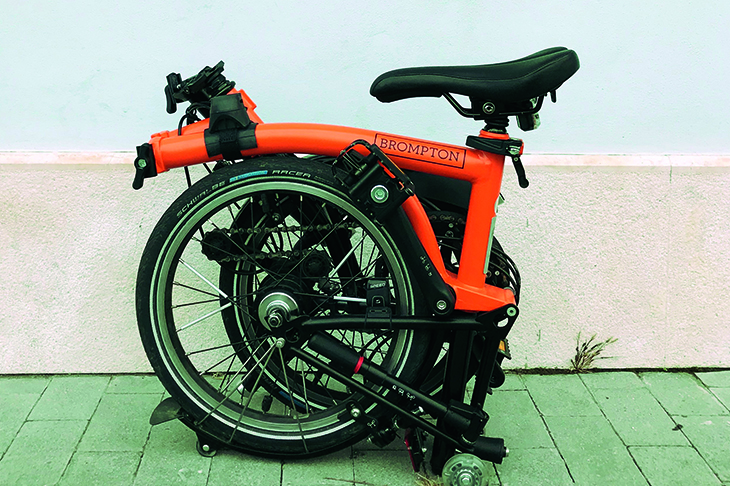
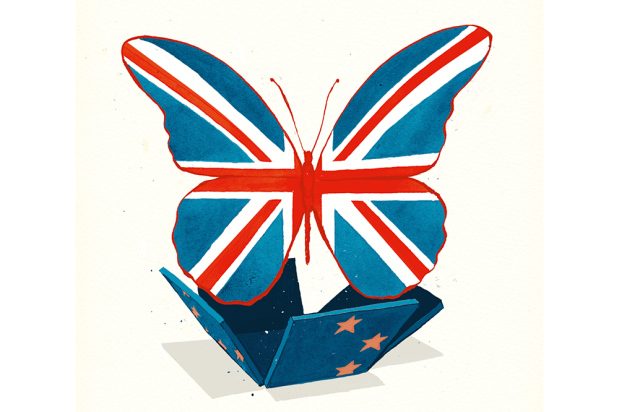
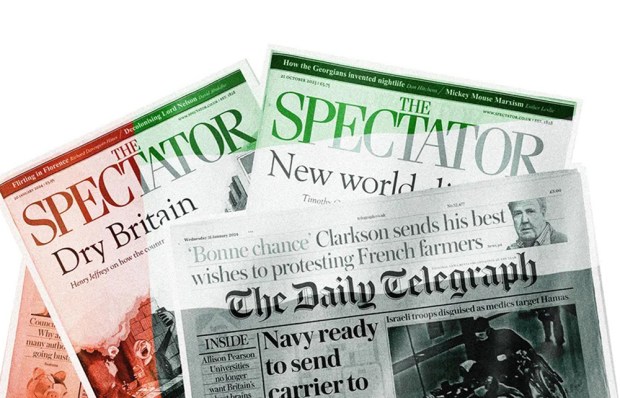
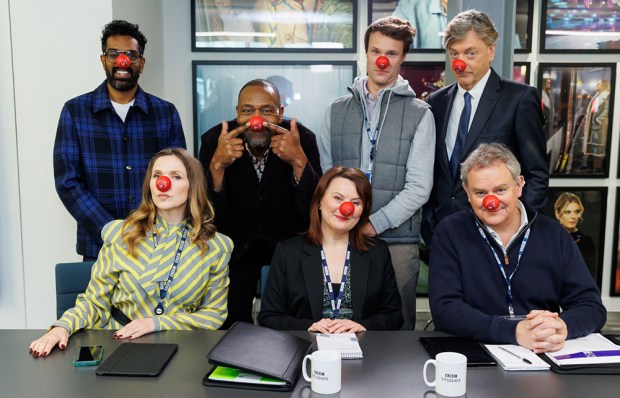
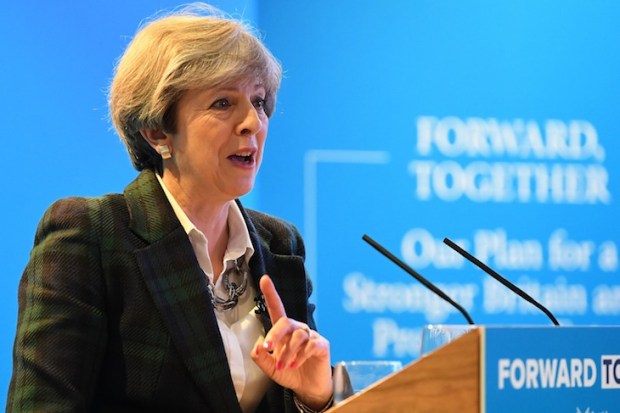
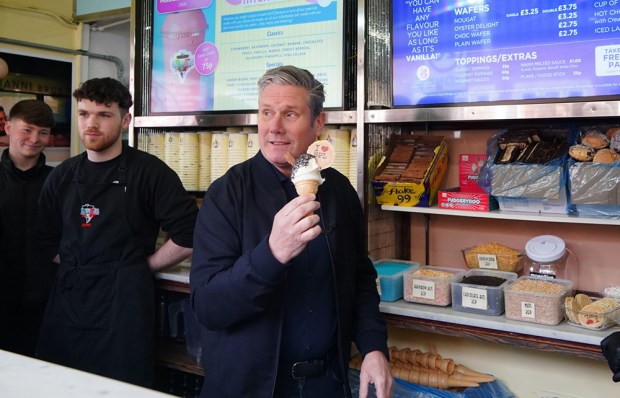
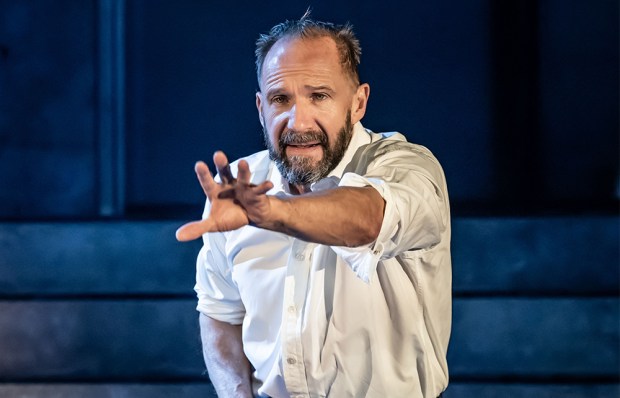






Comments
Don't miss out
Join the conversation with other Spectator Australia readers. Subscribe to leave a comment.
SUBSCRIBEAlready a subscriber? Log in